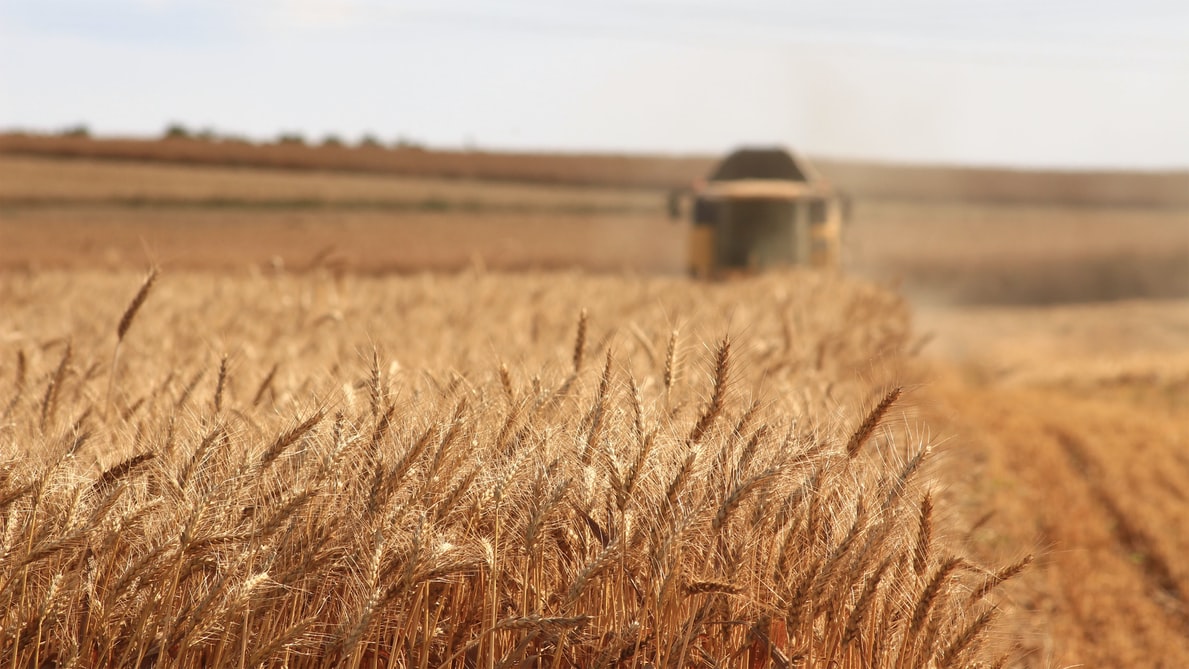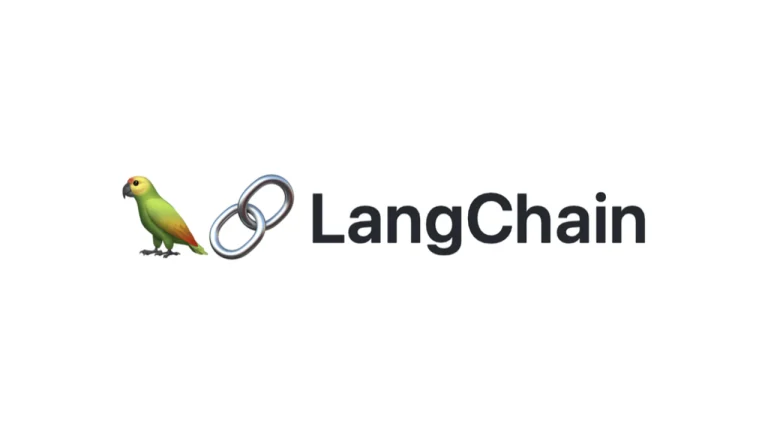The veracity of a popular claim – often attributed to Albert Einstein – that mankind can survive only four years if all bees in the world disappeared is difficult to address. But what is certain is that they are critical pollinators of crops whose demise would not augur well for humans.
Driven by this – or purely altruistic motives – several companies including Microsoft, Oracle and SAS, are employing big data analytics and AI to help boost the declining population of bees. While some are involved in innovative projects that supplement manual beehive inspections that can be time-consuming, others are using AI and visual analytics to develop smart beehives and apps to understand bees’ behaviour better.
Let us examine some of these initiatives and how they are using emerging technologies to boost the population of bees in the world.
SAS’ Use of Advanced Analytics & ML
With four beehives at its main campus in North Carolina, SAS is well-positioned to closely work with beekeepers to monitor real-time conditions of hives. Equipped with sensors, these hives are being deeply studied with the resultant auditory data and ML algorithms developed. Furthermore, SAS is working with Appalachian State University to create data visualisations on the world’s bee population to understand the ways in which they can be protected. Additionally, it had also conducted a hackathon to decode communication among bees through ML to boost human food supplies.
ALSO READ: How Machine Learning Is Helping Build Space Rockets
AI-powered Bioacoustic Monitoring System
The company’s researchers have developed a system that monitors hives using digital signal processing tools and ML algorithms through SAS Viya software. The team streams the data collected from the hives directly to the cloud and uses in-stream ML models to analyse details including weight, temperature, flight activity, stress levels, acoustics, as well as the status of the queen bee.
To ensure that only the hum from the hive is funnelled through the system, researchers use robust principal component analysis (RPCA) capabilities to separate foreign noises from the cache of sounds collected by the sensors.
This system helps beekeepers assess hives closely without being invasive and predict problems which could otherwise lead to colony failure and cause significant losses.
Beehive data is streamed directly onto the cloud to analyse key data points
Mapping World’s Bee Populations
SAS, in association with Appalachian State University, has created a data visualisation of the locations of crowdsourced pictures of bees across the world. Once its prevalence – or lack of it thereof – is determined, the team can overlay key data points, including crop yield and precipitation, to understand bee populations better and ascertain the factors contributing to their health.
Following this, a World Bee Count app was launched for users to add more data to the Global Pollinator Map (given below). Using SAS Visual Analytics, the company has created a visualisation map that displays the pictures users submit.
ALSO READ: How ML Algorithms Can Help Create Psychiatric Applications
AI-Powered Beehives Using Microsoft Azure
Germany-based startup we4bee has launched AI and data-driven beehives that enable researchers to study social patterns among bee populations. These ‘smart beehives’ are embedded with sensors to transmit data, to be analysed at the University of Würzburg.
we4bee has partnered with Microsoft to improve its technology and has used Azure credits to develop a prototype to collect the data via Microsoft IoT services. This includes temperature, humidity, air pressure, etc. which, according to experts, are important factors that play a big role in how bees interact with each other.
we4bee’s AI-powered beehives
Smart Beehives Using Oracle Cloud & Analytics Tools
Like wee4bee, a non-profit organisation in the UK has been collaborating with the University of Reading and Oracle for tech support, including cloud storage as well as for analytics tools, to develop intelligent beehives.
As seen in the image below, these beehives are wired to send data, including video recording, of activities in and around the hive for researchers to study bee behaviour. This data, fed into the Oracle cloud, enables global storage of the data gathered so that researchers can analyse it to make key observations.
Using advanced analytics and ML, researchers can get more information about where bees are feeding, etc. When correlated with other data collected, it can drive critical insights that can help boost bee populations.


















































































